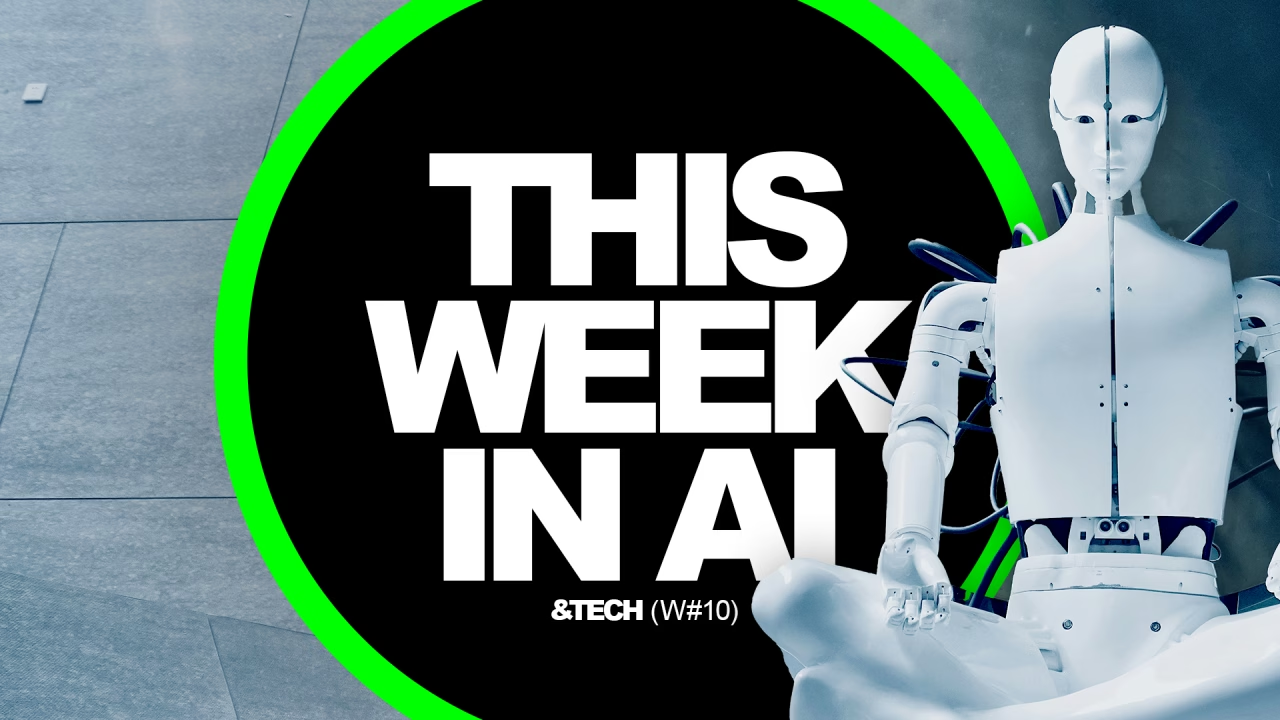The rapid advances in artificial intelligence (AI) are reshaping industries at an unprecedented pace. Once limited to enhancing customer service and drafting emails, AI is now making strides that resemble a futuristic vision from a science fiction movie. From expanding the frontiers of science to reinventing Hollywood films and altering space exploration, the AI revolution is well underway. Understanding its impact and potential is crucial for staying ahead.
AI’s Foray Into Hollywood: Beyond Deepfakes
In a groundbreaking move, Pouya Shahbazian, the visionary producer of the Divergent series, has initiated a new venture, Staircase Studios AI. This company is set to revolutionize the film, TV, and gaming industry with its innovative approach. They use AI to produce high-quality films at a fraction of the conventional cost. Their proprietary AI system, ForwardMotion, aims to create movies for just $500,000 each. This was an unimaginable feat only a few years ago.
The studio’s first creation, “The Woman With Red Hair,” showcases character designs from a former Pixar executive and animation by an Emmy-winning artist. This groundbreaking project demonstrates the potential of AI in producing competitive film content.
Why It Matters
- AI is reshaping Hollywood by producing films more efficiently and at lower costs.
- This transformation could lead to smaller film crews, expedited production, and potential controversies.
- The industry must decide whether to embrace this shift or resist change.
AI as a Co-Scientist: Google DeepMind’s Initiative
AI is now poised to become an essential partner in scientific research, thanks to Google DeepMind’s innovative AI Co-Scientist. Unlike AI that merely summarizes existing research, this new development generates hypotheses, debates them, and suggests experiments to test them. Its achievements include identifying new drug candidates for acute myeloid leukemia and discovering epigenetic targets for liver fibrosis treatment.
The AI even replicated a genetic discovery without prior knowledge of human research findings. These breakthroughs mark an exciting era for scientific progress.
Why It Matters
- AI is not only analyzing but also generating new scientific knowledge.
- Scientific discoveries may accelerate, leading to advancements in medicine and technology.
- However, the implications of machine-generated discoveries need careful consideration.
DARPA’s Ambitious Space Projects Using AI
The Defense Advanced Research Projects Agency (DARPA), a research arm of the Pentagon, is spearheading innovative projects utilizing AI in space exploration. Their vision includes building massive space structures using biologically grown materials. Imagine self-assembling space stations or biological tethers for space elevators.
Researchers are being tasked to explore the potential to grow 500-meter-long structures in microgravity. If successful, these developments could revolutionize space exploration and construction.
Why It Matters
- Growing structures in space could reduce the cost and complexity of space missions.
- This approach may enable expansive projects like orbital telescopes and space habitats.
- However, exploiting biological growth presents ethical and environmental challenges.
AI’s Impact on the Workforce
The rise of AI in the workplace is unstoppable, as evidenced by a recent study of 6,000 workers. Nearly half of these employees confessed they would continue using AI tools at work, regardless of company policy. The reasons are clear: AI enhances productivity, fuels creativity, and simplifies tasks.
Moreover, with a competitive work environment, there’s immense pressure to adopt AI tools to stay relevant. The accessibility of AI tools makes it challenging for companies to enforce outright bans.
Why It Matters
- There exists a widening gap between leadership and employees in AI adoption.
- Organizations need clear, strategic AI policies to manage its application effectively.
- AI proficiency is becoming essential for modern workforces.
Embracing the Future: Are You Ready?
AI is no longer a futuristic concept; it’s a present reality reshaping industries across the globe. From Hollywood to biotechnology and space exploration, AI’s influence is only going to grow. Leaders and organizations need to prepare by educating teams, experimenting with AI tools, and thinking beyond simple automation. This is the time to harness AI’s full potential for transformative change.
- Educate teams about AI to prepare for its integration into work processes.
- Pilot AI tools in controlled settings to understand their capabilities and limitations.
- Explore AI’s potential beyond task automation, as it can generate new insights and innovations.
AI is an unstoppable force, and adapting to its rapid development is essential. The future is here – are you ready to embrace it?
Additional AI Developments
The AI landscape is full of exciting developments and significant investments:
- Andrej Karpathy supports Lambda, an AI compute startup poised to challenge established giants like Nvidia.
- Tech leaders like Microsoft, OpenAI, and Meta are racing to develop smaller, faster, and more affordable AI models.
- Innovative AI applications are appearing in unexpected places, such as Equinox gyms utilizing robot massages.
- Researchers in China predict Artificial General Intelligence (AGI) is at least 70 years away, providing some relief from AI anxiety.
- AI startup Harvey aims to revolutionize legal services with significant financial backing.
Join the Conversation
AI is altering industries and workforces profoundly. How is it impacting your field? Are you embracing the change, resisting it, or finding ways to manage its effects? Share your experiences and insights.
AI is not just the future; it’s already redefining the present. Like, share, and discuss the transformative power of AI across sectors and beyond.
